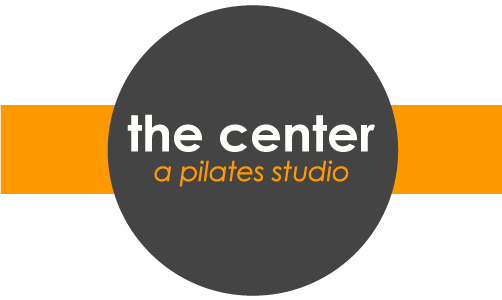 When I read this article by Dr. Melissa McCreery recently, I knew it had some relevant information to share. Do you have an “instead strategy”? You know, what you do instead of overeating.
When I read this article by Dr. Melissa McCreery recently, I knew it had some relevant information to share. Do you have an “instead strategy”? You know, what you do instead of overeating.
This article explains some key points to consider when adapting a helpful strategy.
“How Do I . . . ?
By Dr. Melissa McCreery
I asked for your biggest challenges and questions when it comes to emotional eating and overeating and your responses have been pouring in. In addition to answering questions in future articles, I’ll be addressing many of your challenges in my upcoming no-cost webinar, Peace with Food: Finding REAL Solutions to Emotional Overeating.
One of the most frequent challenges I’m hearing (from both you and my emotional eating coaching clients) has to do with how to do something else instead of eating.
“How do I avoid eating when I am bored but too tired to do an activity to distract myself?”
“How do I stop stress eating? I know what I ‘should’ do, but at the end of the day, I don’t have the willpower to make myself do it.”
“Comfort eating at night is my downfall. How do I avoid it?”
While many of you shared questions about what to do instead of eating (something I’ll be addressing in depth in my upcoming program), I also heard from many of you who already have a clear idea about what to do instead, you just can’t seem to make it happen. That’s the challenge I’m going to address today, because when you know what to do instead of eating and you just can’t do it, there’s often one big mistake being made.
Make sure your instead strategy matches your emotional hunger.
Your instead strategy is what I call the thing you choose to do instead of overeating or turning to food. A good instead strategy should respect or fit the emotional hunger, the need, or the thing your spirit is craving that you are trying NOT to feed with food. If you are bored, your instead strategy should address your boredom. If you need comfort, your instead strategy should be comforting. If you are stressed . . . you get the idea.
We busy high achievers seem to have a special knack for messing up instead strategies and setting ourselves up with expectations and ideas of what we “should” do instead of eating that are guaranteed to cause problems.
Here’s what I mean. My busy, overactive mind can always rattle off a dozen or so things I could be doing if I want to be more productive, more organized, more prepared, more successful, etc. If I’m not aware of how unhelpful this can be, I can easily feel tempted to endlessly circle my to-do list and squeeze in one more thing.
It may be tempting to try to do some creative multitasking by using this to-do list as your instead strategy—(“How cool, I can stop overeating AND get so much more done!”).
Please don’t attempt this. Many have tried and failed before you—here are just a few examples of why it doesn’t work.
A client who is exhausted and sleep deprived tries to convince me that her best instead strategy to combat evening comfort eating would be organizing her office. Nope. In this case, her emotional hunger is for peace, rest, relaxation, and ease. An instead strategy that demands she work longer and harder is not feeding her hunger, and it’s probably going to be an instead strategy she rebels against. In this case, my client opts to go to bed earlier. When she’s not exhausted, she finds she has fewer cravings and feels more in control of the choices that she makes.
A client who runs an incredibly successful and demanding business has put on 50 pounds stress eating in the evening. She’s mad at herself because she can’t make herself do cardio on her treadmill instead of eating. I ask her why she overeats in the evening and she tells me it’s because it is her only break in the day and her only opportunity to actually sit down, put her feet up and enjoy the quiet. When we help her design an instead strategy that honors these needs instead of denying them (she’s experimenting with her old passion for knitting and allowing herself to simply relax on her deck), she begins to feel much more in control with food.
Many of you have shared with me that you are frustrated because your overeating habit creates “wasted time” and you wish you could use it productively. If you haven’t already, I want to encourage you to stretch your definition of “productive” to include addressing your emotional hunger and your needs. As you work to take control of overeating, spend some time considering what you need, want, and even crave that is not food.
Make sure your expectations and your instead strategy respect the emotional state that you are in and do your best to take good care of yourself and address what you really need.
If you want more emotional eating help and you’d like to hear more about my new emotional eating program, be sure to click the link and register for my upcoming free webinar, Peace with Food: Finding REAL Solutions to Emotional Overeating.
Copyright (C) 2012 Melissa McCreery, PhD. Psychologist and Life Coach Dr. Melissa McCreery focuses on the three O’s that ambush successful, high-achieving women–overeating, overwhelm, and overload. Claim your free audio set: “5 Simple Steps to Move Beyond Overwhelm With Food and Life” at http://TooMuchOnHerPlate.com.
